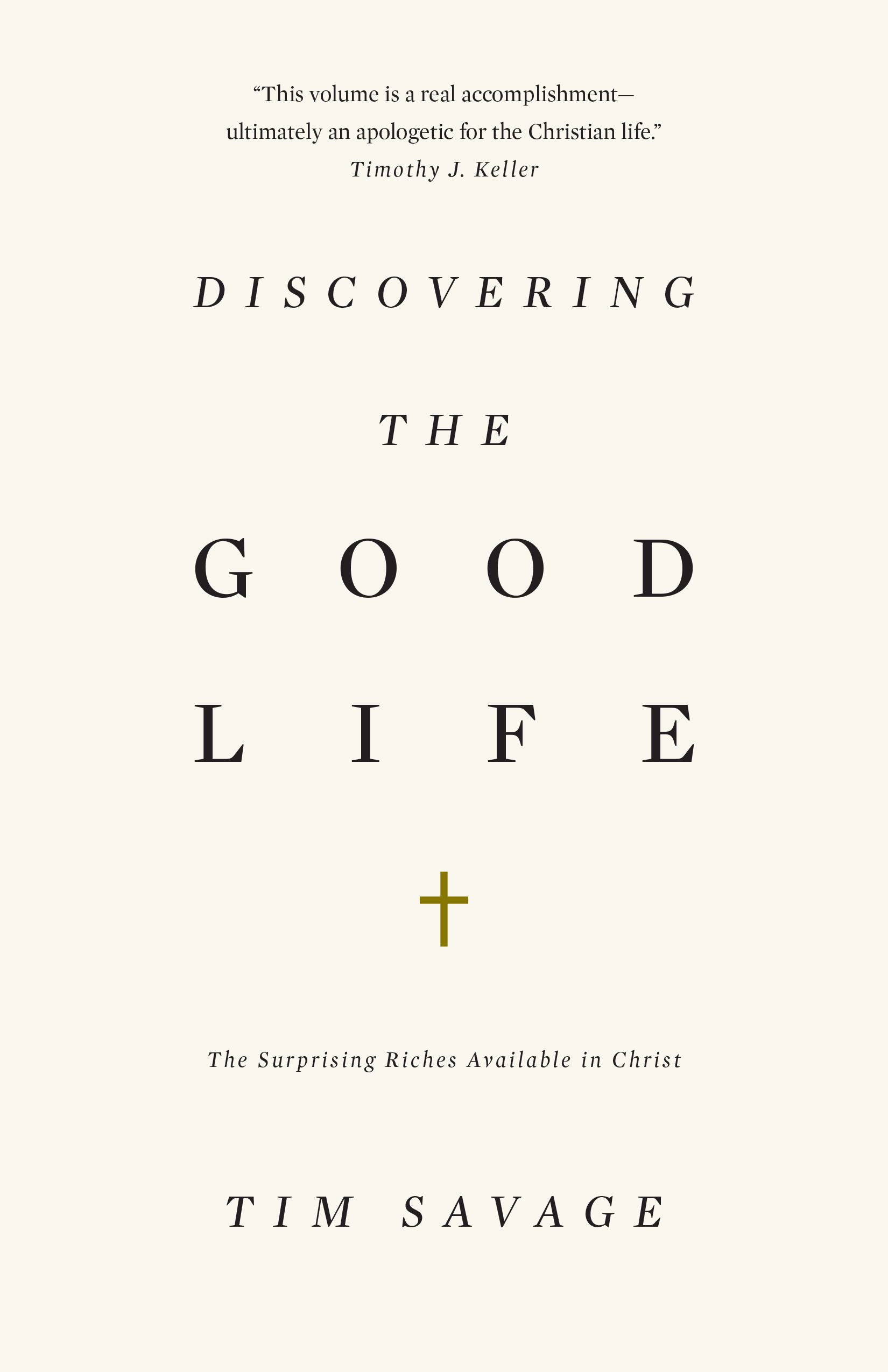Simultaneously Just and Sinner
‘Simul justus, et peccator, totus, totus.’
– Martin Luther
Luther’s famous phrase explains a beautiful biblical tension: simultaneously both just and sinner.
Many Christians over the last century have interpreted Luther’s phrase, and the scriptures it is based on, to mean that Christians have two conflicting natures: a sinful nature, and a just nature. The popular idea has become that there are two different ‘persons’ inside of us, constantly at war with each other.
However, that is not how Reformed Theology understands the scriptures.
The Bible teaches that we are all, and will always be on this earth, ‘flesh’. Flesh in itself is neutral, but also essentially weak, and thus susceptible to sin. In fact, flesh succumbs regularly to sin. In salvation, the flesh is not eradicated. Instead, two momentous things change at salvation.
First, God declares us righteous on the basis of the atoning work of Christ on the cross. He gives us an identity badge: we are now called ‘justified’. He can now no longer look at us as anything but people pronounced right by a gift of his grace.
Secondly, we are given the Holy Spirit, the Spirit of Christ, the indwelling Christ. The Holy Spirit is able, through his superior power, to conform us to the image of Christ. This is a progressive work over time, from one stage glory to the next stage, in which glory consists in manifesting increasing increments of the radiant self-giving love of Christ.
So, what exists in tension in the Christian? The tension is not between two ‘natures’, but between our single nature, ‘flesh’, and the Spirit of the indwelling Christ.
I’ve found this distinction to be important when counseling, because it directs the one being counseled to God. If it were simply a matter of my two natures duking it out with one another, then my job would be to make sure the better nature wins. People who think this way tend to scold other people. They say, whenever a person sins, that he or she ought to have done better, or even that he or she ‘didn’t have enough faith’. Conceived in this way, ‘faith’ is just having faith in one’s own faith – which reduces to a form of self-trust, self-reliance, not trust in God or reliance on God. Over the long term, this imposes an impossible burden and is destructive.
Instead, Reformed theology encourages people to acknowledge their native propensity to sin, and to humbly seek the Holy Spirit’s supernatural help to grow in Christ-likeness. The focus is always on God, and his work within me, not on my own inner struggling. Simultaneously just and sinner: simultaneously justified in God’s eyes, and also a sinner being sanctified by the Holy Spirit.


Add your voice to the conversation: